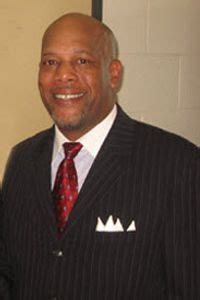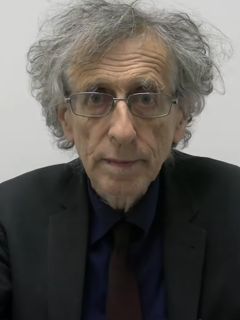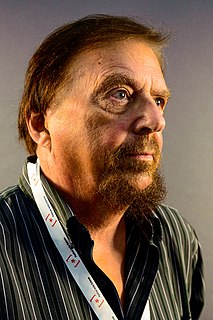A Quote by David Adam
Soils could also be giving up their carbon stores: evidence emerged in 2005 that a vast expanse of western Siberia was undergoing an unprecedented thaw. The region, the largest frozen peat bog in the world, had begun to melt for the first time since it formed 11,000 years ago. Scientists believe the bog could begin to release billions of tonnes of methane locked up in the soils, a greenhouse gas 20 times more potent than carbon dioxide. The World Meteorological Organisation recently reported the largest annual rise of methane levels in the atmosphere for a decade.
Quote Topics
Also
Annual
Atmosphere
Begin
Begun
Believe
Billions
Carbon
Carbon Dioxide
Could
Decade
Emerged
Evidence
Expanse
First
First Time
Formed
Frozen
Gas
Giving
Giving Up
Greenhouse
Had
Largest
Levels
Locked
Locked Up
Melt
Methane
More
Organisation
Potent
Recently
Region
Release
Reported
Rise
Scientists
Siberia
Since
Stores
Than
Time
Times
Unprecedented
Up
Vast
Western
World
Years
Years Ago
Related Quotes
Here's the problem - carbon dioxide doesn't contribute to smog and isn't a health threat. All of this is being done because some people believe carbon dioxide is causing global warming, and that preventing carbon dioxide from entering the air is the only answer. Never mind that there is still an ongoing scientific debate about global warming itself, and that some respected climate scientists believe that methane is a better target, California legislators have locked their sites on carbon dioxide.
Some time ago we discovered the carbon cycle - a long-term set of chemical reactions that govern climates based on how much carbon is free in the atmosphere. At that point, it became clear that humans were affecting our environments far more profoundly than we realized. By releasing so much carbon and greenhouse gas into the environment, we're making long-term changes to every aspect of the natural world.
I think the mother of all arguments against eating meat now is the climate change argument. Methane is a much more powerful greenhouse gas than carbon dioxide and when we eat meat we wipe away many of the good things that we do when we try to create greener and more sustainable practices in the rest of our lives. So if you add the concern for climate change with other concerns that were there. I think the case for vegetarianism is pretty overwhelming.
Air is one we hold in common; it has a limited carrying capacity for pollutants and that's being used up by those who pollute the atmosphere. So we have to stop that externality. We would never allow a utility to put their coal slag in a dump truck and back it up to the city park and dump it in unlimited amounts for free. But that is exactly what we do with carbon dioxide and methane.
There is a point of no return after which warming becomes unstoppable - and we are probably going to sail right through it. It is the point at which anthropogenic (human-caused) warming triggers huge releases of carbon dioxide from warming oceans, or similar releases of both carbon dioxide and methane from melting permafrost, or both. Most climate scientists think that point lies not far beyond 2 degrees C hotter (3.6 degrees F).


































